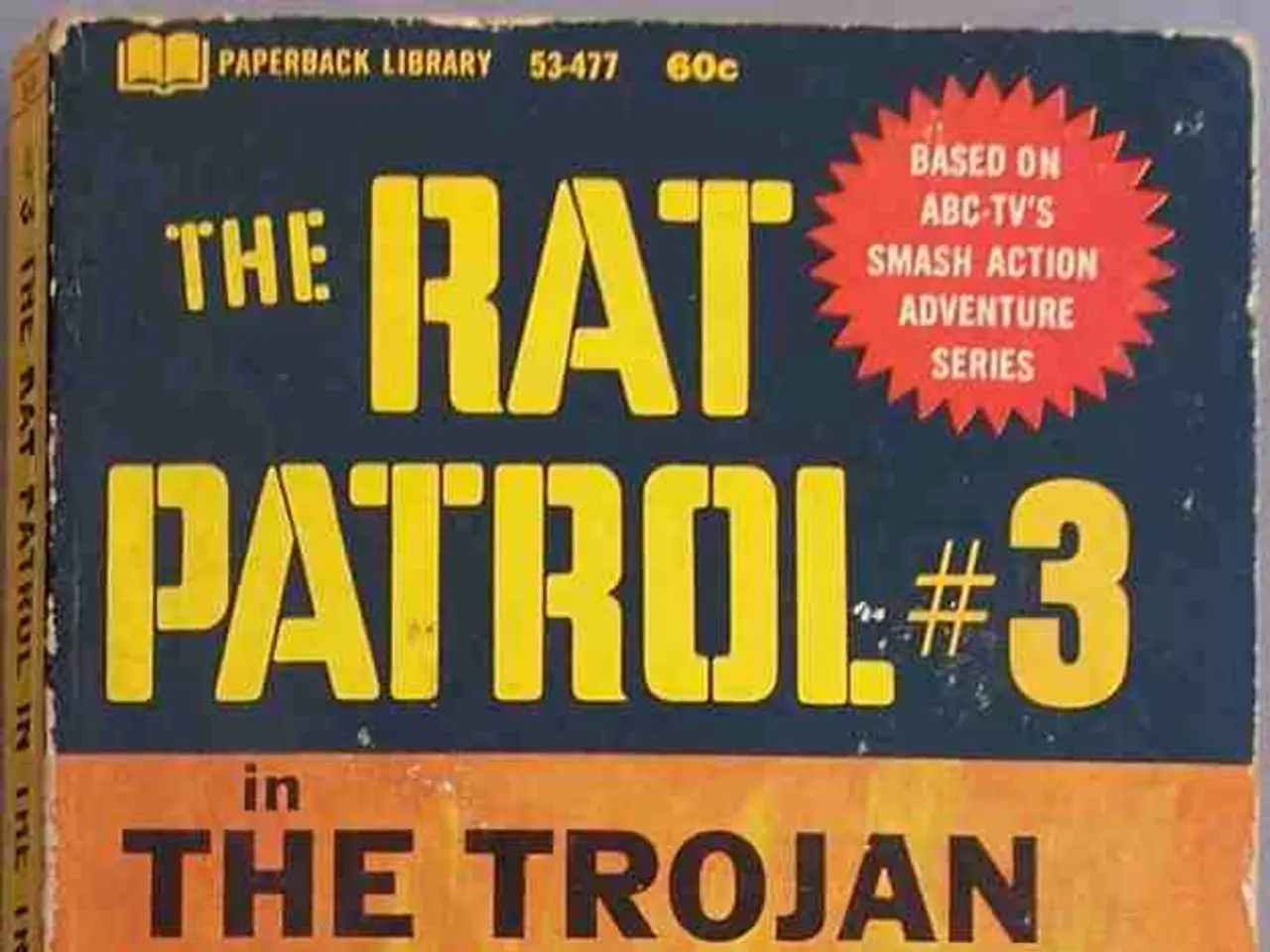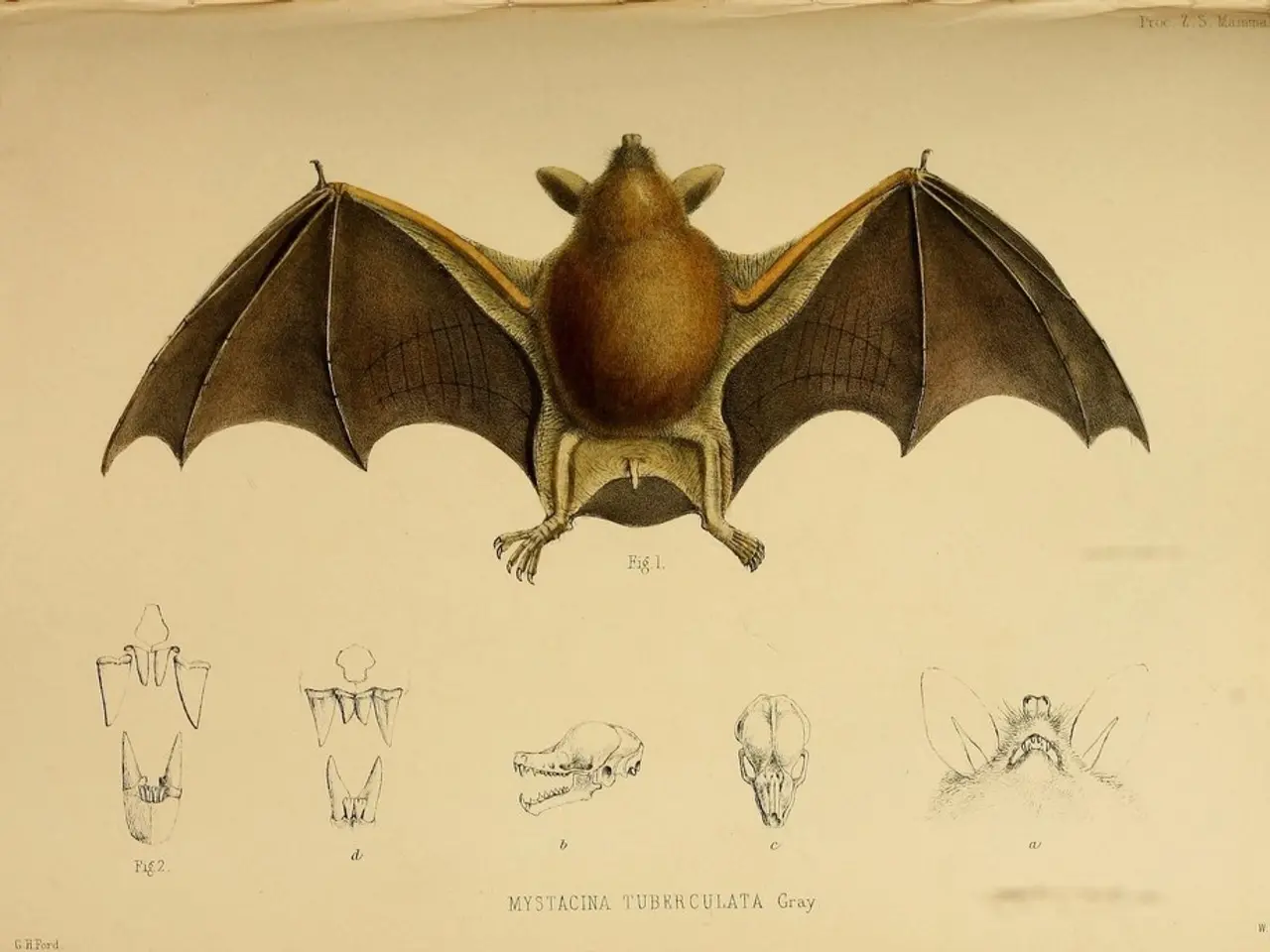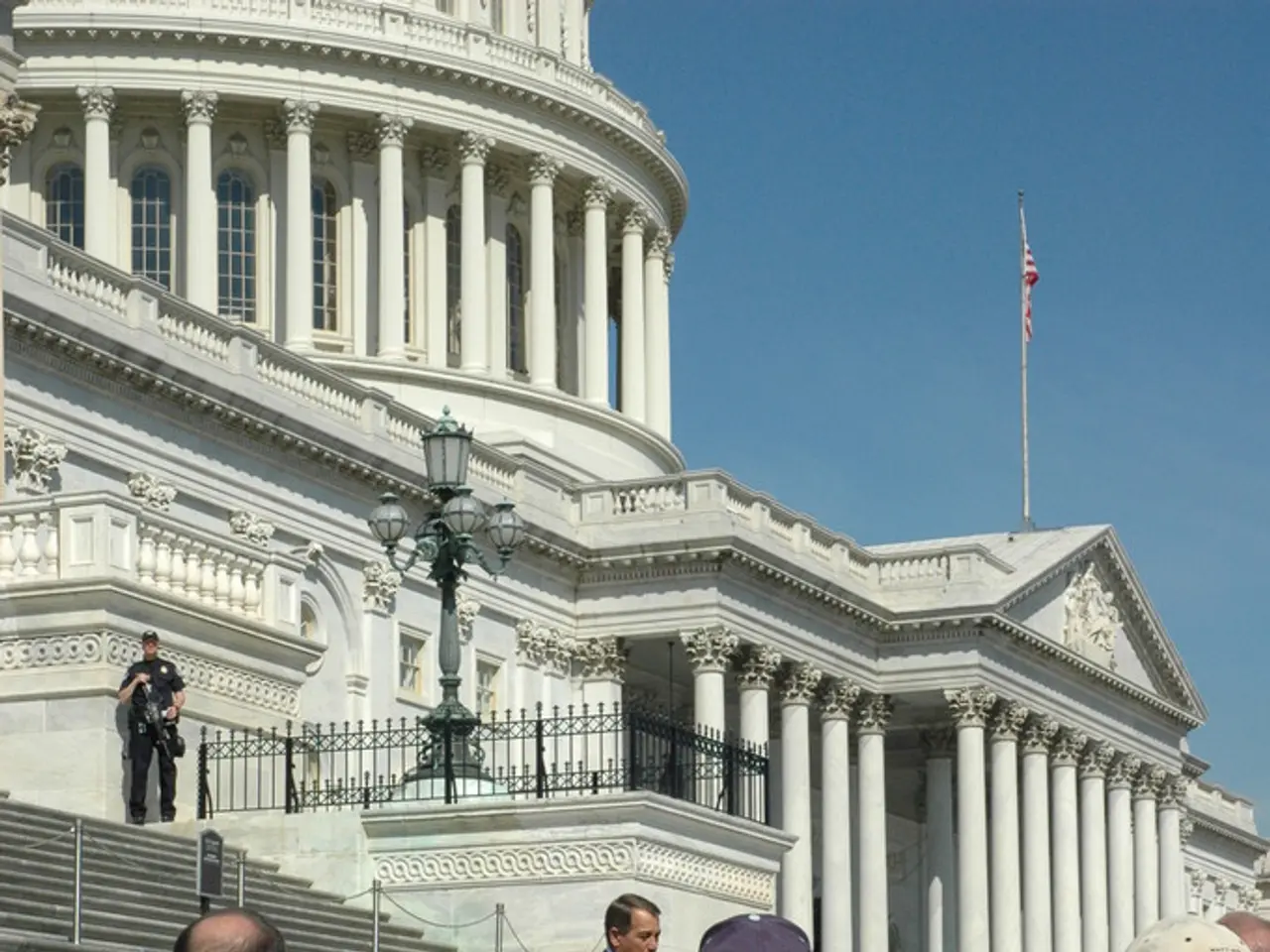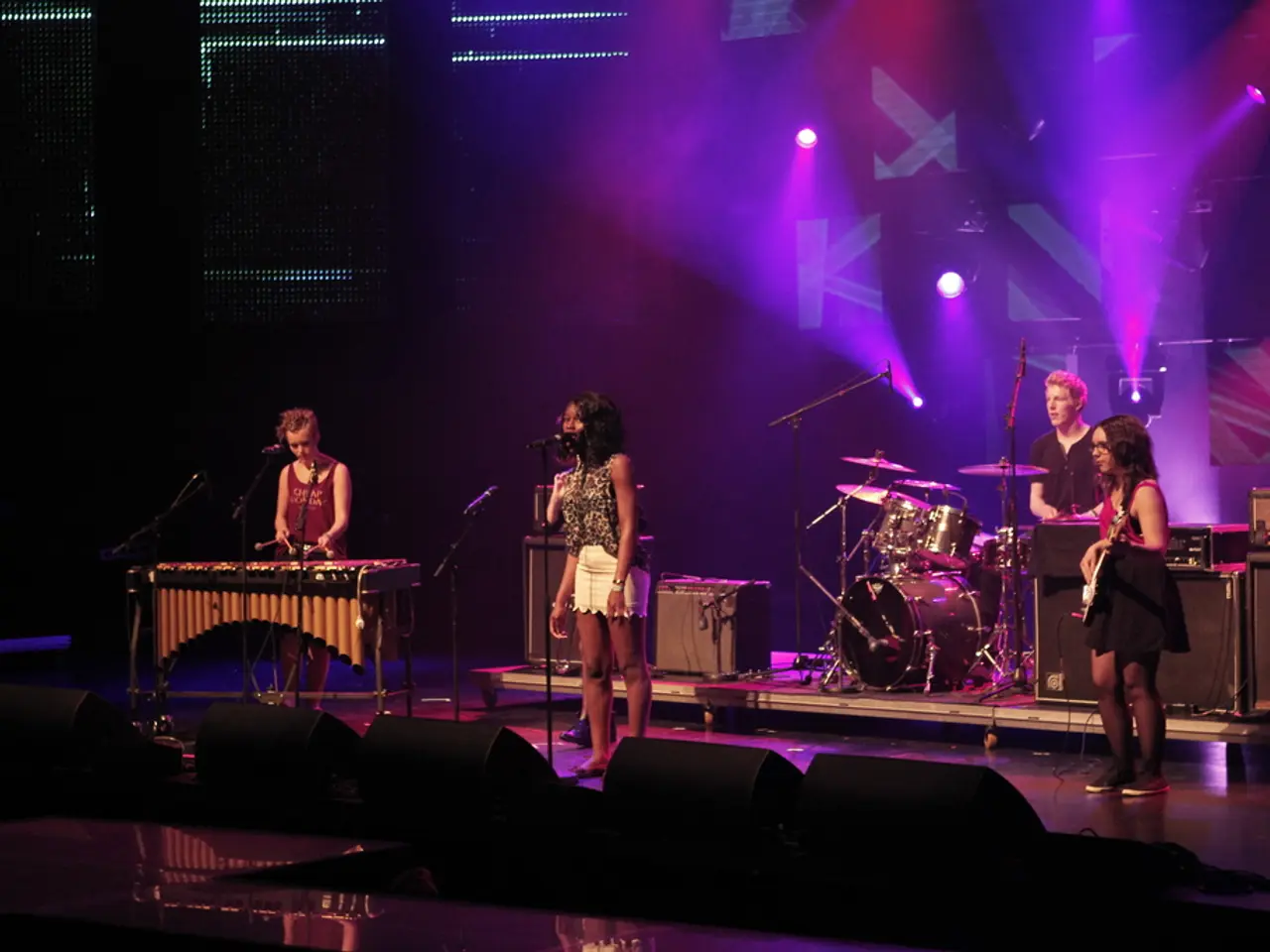Park University's George S. Robb Centre for the Study of the Great War to Deliver Insight on Their Ongoing Review of the Valor Medals Project
The Valor Medals Review Project, an initiative by Park University's George S. Robb Centre for the Study of the Great War, is a systematic research effort aimed at identifying and reviewing minority veterans of World War I who may have been unjustly denied high-level valor awards due to race or religion (1, 2).
This project was established in 2018 by a resolution of the U.S. World War I Centennial Commission and has received support from both the U.S. Senate and House of Representatives. The extension of the Robb Centre's research efforts was signed into legislation by President Joe Biden, extending them through December 31, 2028, via the 2024 National Defense Authorization Act (3, 4).
To date, researchers have identified 214 servicemembers who have qualified for review, including 105 Jewish Americans, 73 African Americans, 24 Native Americans, 11 Hispanic Americans, and one Asian American (5).
The Valor Medals Review Project forms part of a broader recognition movement for valor awards in U.S. military history. Its goal is to uncover cases where minority veterans may have been overlooked or under-credited due to historical biases and to ensure they receive proper valor decorations if merited (4).
The event to discuss the project's progress will take place on March 26, 2024, at the Kansas City (Mo.) Public Library's Plaza Branch. The event will start at 5:30 p.m. with a reception, followed by the program from 6 to 7 p.m. Tim Westcott, Ph.D., director of the Robb Centre and professor of history and associate archivist at Park University, will present, along with Damon Grosvenor, a senior history major at Park University, and Martin Roberson, a junior secondary education/social science major at Park University (6).
Anne Kniggendorf, KCPL staff writer/editor, will moderate the discussion. For more information about the Valor Medals Review Project, visit the website of Park University's George S. Robb Centre for the Study of the Great War (7). The event can also be accessed virtually via the KCPL's YouTube channel.
This ongoing effort highlights a broader recognition movement for valor awards in U.S. military history, complementing official Department of Defense honors like the Medal of Honor, Distinguished Service Crosses, and the Silver Star, which are among the highest distinctions for combat bravery (4). The work fits into a larger national context of remembering and appropriately honoring WWI veterans, as seen in recent centennial commemorations and historic memorials (4).
The Congressional Research Service provides detailed resources on military service records and valor awards, which serve as essential tools for projects like this to accurately verify and adjudicate historical service commendations, particularly for underrepresented groups (5).
In summary, the Valor Medals Review Project updates involve ongoing archival research and systematic review to correct historical inequities in awarding valor medals to World War I minority service members, facilitated by academic institutions and supported by official military records and recognition frameworks.
Education and self-development play significant roles in the Valor Medals Review Project, as Tim Westcott, Damon Grosvenor, and Martin Roberson, all students at Park University, are key contributors to the project's progress. Their academic pursuits in history and secondary education provide valuable insights in uncovering cases of minority veterans who may have been overlooked or under-credited due to historical biases, ultimately ensuring proper valor decorations if merited.




